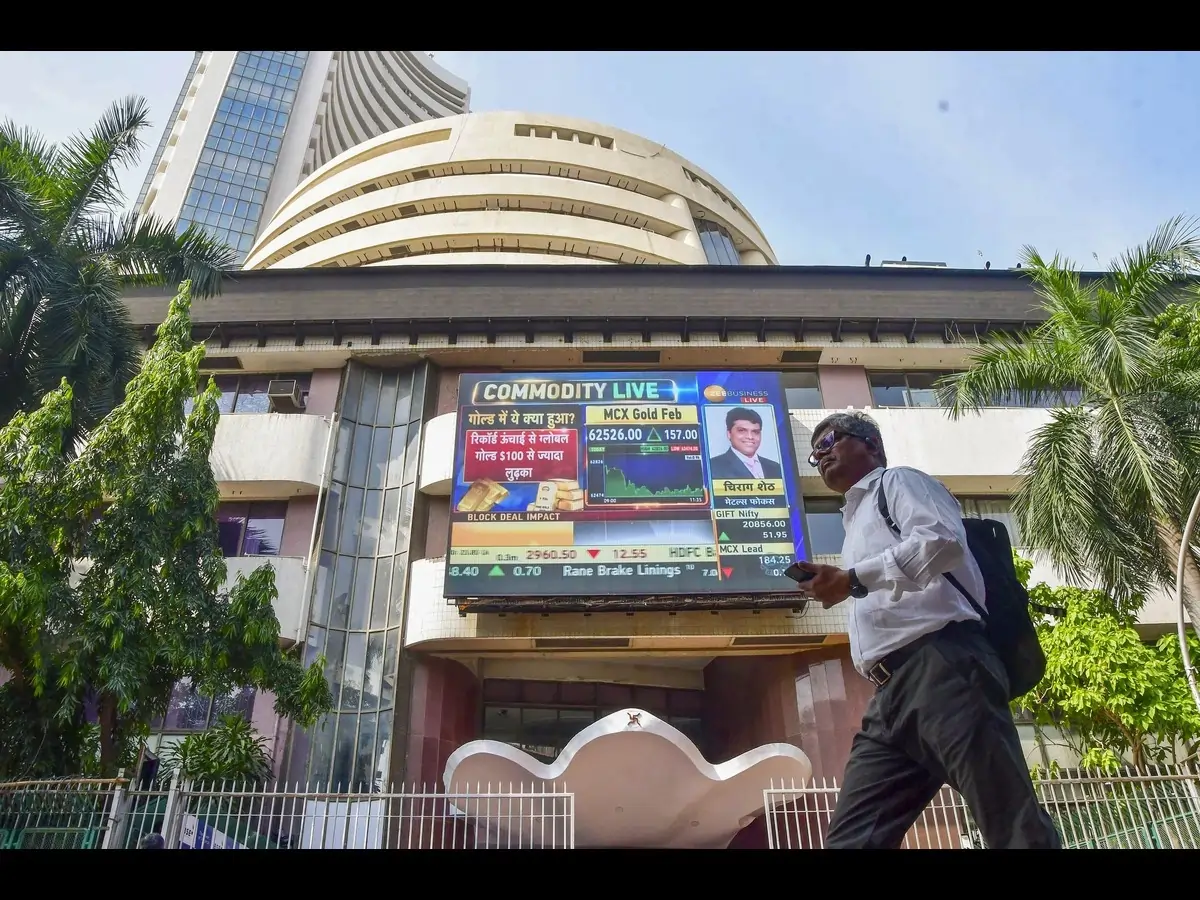Business News
What is Jane Street, and why SEBI barred the US firm from accessing markets? 6 things to know
.png)
4 min read | Updated on July 04, 2025, 13:15 IST
SUMMARY
SEBI’s order alleges Jane Street artificially moved index levels to benefit its options positions, violating fair market practices.
Stock list

JSI Investments, JSI2 Investments Pvt Ltd, Jane Street Singapore Pte Ltd, and Jane Street Asia Trading of Jane Street Group (JS Group) have been prohibited from the markets.
Markets regulator SEBI on Thursday barred Jane Street from accessing its securities markets after a sweeping investigation found that the firm made massive “unlawful gains” through manipulative trading strategies.
The Securities and Exchange Board of India (SEBI) also ordered the impounding of ₹4,843.57 crore from Jane Street entities for what it described as gains arising from market manipulation.
Here are the key facts about Jane Street and why it has landed in regulatory trouble in India:
What is Jane Street?
Founded in 2000, Jane Street is one of the world’s largest quantitative trading firms.
With more than 3,000 staff across offices in New York, London, Hong Kong, Singapore, and Amsterdam, the firm is known for its intense data-driven culture and quantitative strategies that deploy complex mathematical models to trade millions of shares daily.
In 2024, Jane Street generated annual revenues of $20.5 billion, making it one of the highest-earning quant firms globally.
On its website, Jane Street describes itself as a company that uses “sophisticated quantitative analysis and a deep understanding of market mechanics to keep prices consistent and reliable.”
How does Jane Street operate in India?
Jane Street entered India in December 2020, setting up its first onshore unit in Mumbai.
Currently, it operates in the country through four group entities – two based in India and two Asian entities registered as foreign portfolio investors (FPIs) in Hong Kong and Singapore.
These units mainly trade in India’s booming derivatives market, including the benchmark BANKNIFTY index options, which are among the most actively traded contracts in the world.
What triggered SEBI’s action?
According to SEBI’s detailed 96-page order, between January 2023 and March 2025, Jane Street’s four group entities cumulatively made over ₹43,289 crore in profits from trading index options.
The regulator found that on at least 15 BANKNIFTY options expiry days, Jane Street employed what it called an “Intra-day Index Manipulation Strategy.”
According to SEBI, the strategy involved two phases. In the first phase, early in the trading session, the firm aggressively bought large quantities of BANKNIFTY constituent stocks and futures contracts, temporarily pushing up the banking index.
In the second phase, later in the day, the entities reversed these trades by aggressively selling the same stocks and futures, effectively nullifying the morning purchases.
Why is this considered market manipulation?
While it may appear to be regular high-frequency trading at first glance, SEBI said the pattern lacked a standalone economic rationale because the group incurred significant intraday losses of nearly ₹200 crore in these underlying trades.
Yet, it simultaneously reaped outsized gains in index options positions.
The regulator concluded that Jane Street’s intention was not genuine investment or hedging, but rather to artificially move the index levels to benefit its options positions.
“The aggressive and large intervention by the JS Group in Patch I lulled and induced the many participants in the BANKNIFTY index options to deal at prices that were heavily influenced by the intervention of JS Group in the component stocks and futures,” SEBI said.
What was Jane Street’s response?
Jane Street has disputed the findings, reported Reuters, though it has not issued a detailed public statement in India.
"Jane Street is committed to operating in compliance with all regulations in the regions we operate around the world," Reuters quoted the firm as saying.
What are the implications of SEBI’s order?
The SEBI order is interim in nature but imposes an immediate ban on Jane Street’s four group entities from accessing Indian securities markets.
"Entities are restrained from accessing the securities market and are further prohibited from buying, selling or otherwise dealing in securities, directly or indirectly," SEBI said.
It also orders disgorgement of unlawful gains and warns that continued manipulative activities could harm numerous small investors trading index options without knowledge of such behind-the-scenes tactics.
Shares of capital market service providers BSE, Edelweiss Financial Services, Angel One, Central Depository Services and Motilal Oswal Financial Services fell up to 6% after SEBI's interim order.
Shares of BSE fell as much as 6.12% to hit an intraday low of ₹2,647.30. Motilal Oswal Financial Services shares declined as much as 2.62%, Angel One dropped as much as 7.32%, Central Depository Services Limited (CDSL) declined as much as 2.26% and Edelweiss Financial Services fell as much as 0.91%.
Ban on Jane Street will have an impact on trading volumes which is leading to selling pressure in these shares, analysts said.
Related News
By signing up you agree to Upstox’s Terms & Conditions
About The Author
Next Story


